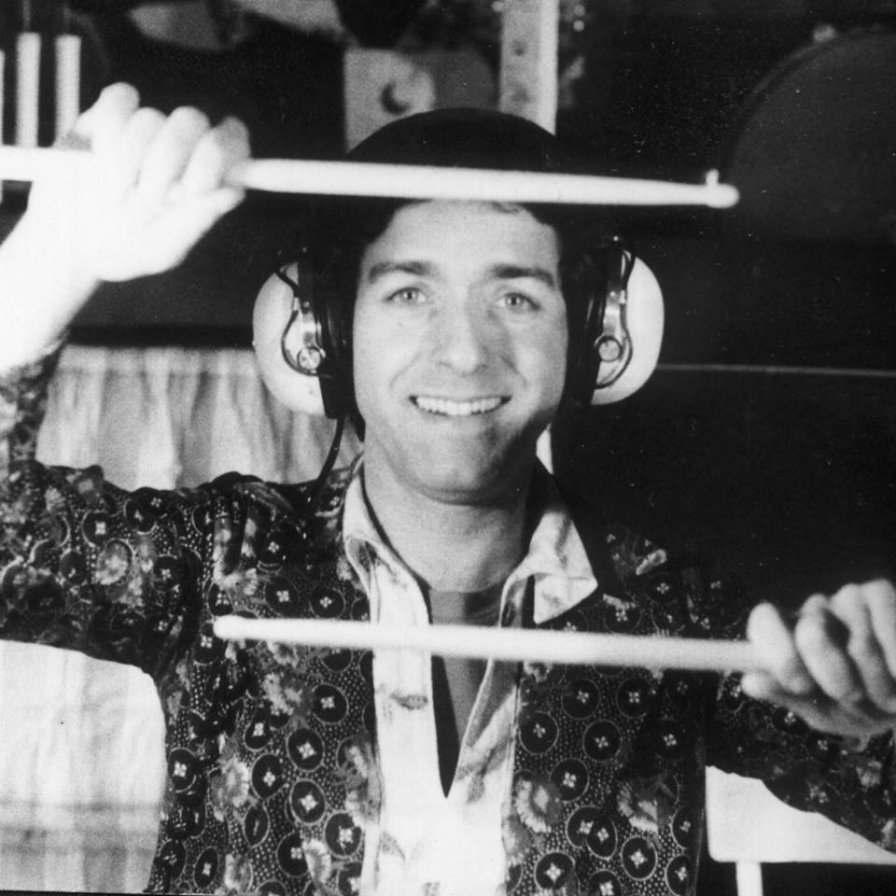
The prophet has no honor in his own country. When on Monday, January 23, the news of the death of Jaki Liebezeits the day before went through the media, many Germans heard this name for the first time. After all, now they've even heard him. The percussionist and drum philosopher Jaki Liebezeit was no less than one of the most influential German musicians of the 20th century.
When he began his career in the mid-sixties, not much could be foreseen of his later brilliant deeds, although he was already considered an exceptional talent at that time. Along with Alexander von Schlippenbach, Manfred Schoof, Peter Kowald and Peter Brötzmann, he belonged to the young and wild, who self-confidently hurled a completely tradition-free jazz of European character towards American jazz. Liebezeit's drum cascades were enormous, sometimes sounding like an entire drum orchestra. But can you play yourself freer than free? Not to mention feel it? The young drummer from Cologne quickly felt that he would not be able to ride on the wave of ultimate liberation for the rest of his life. New horizons were within reach.
With Holger Czukay, Irmin Schmidt and Michael Karoli he founded the band CAN. For him that was the antithesis to jazz. But his departure from jazz was about as convincing as Frank Zappa's. What he had said goodbye to was much more the attitude of jazz than its expressive possibilities. Liebezeit remained a brilliant improviser who had only discarded the destructive and the elitist of the jazz scene of that time.
For CAN he was far more than a drummer. Czukay and other companions called him a human rhythm machine, long before the drum computer. Stoically he held out the rhythmic straight of a song, no matter how long it was and no matter how wild the excursuses of his playing were. Liebezeit didn't rely on common blues or rock'n'roll grooves, he played cycles that repeated themselves endlessly. With Czukay, who at least structurally pursued a similar philosophy on the bass, he merged into a symbiotic unity. But his unique selling point in the band was the role of the eye in the hurricane. The others might be dissipated, Jaki Liebezeit held the position, precise and reliable.


